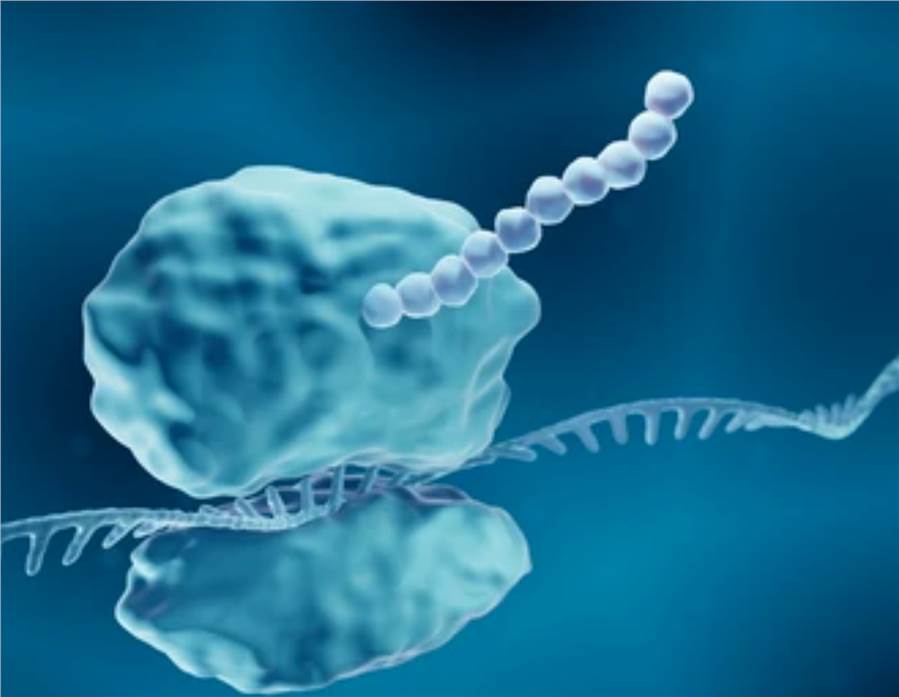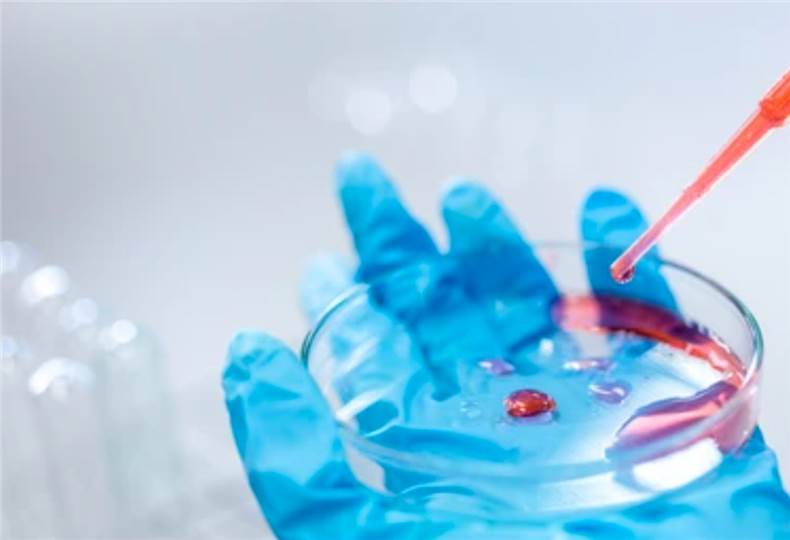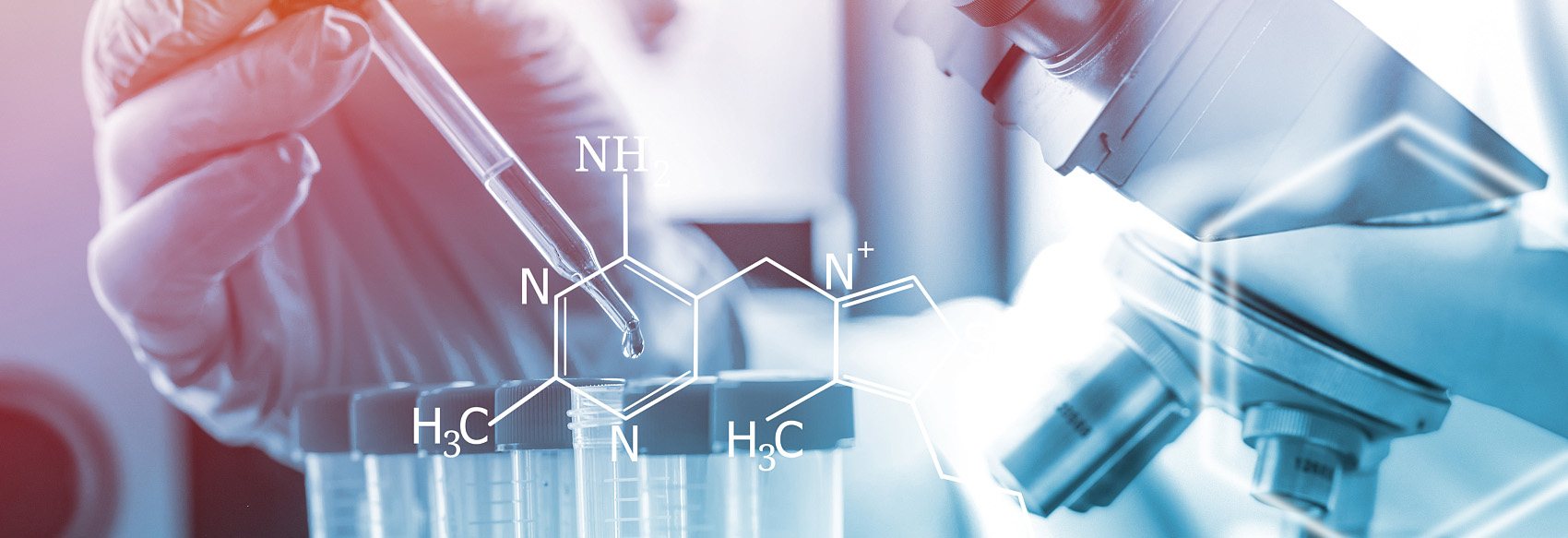Post-translational modification (PTM) is a chemical change that occurs in a protein due to covalent linkage to functional groups or proteins and cleavage of peptide bonds. These modifications alter the structure of individual proteins and play an important role in protein function and cellular signaling.
Our company provides professional PTM analysis services using the world's leading antibody-drug PTM analysis software to support high-resolution viewing of PTMs of proteins and peptides. These services can be used to identify, quantify and localize PTMs of target proteins or submitted samples.
We have an excellent molecular simulation and drug design team with extensive research experience in large pharmaceutical companies and the ability to execute high-quality projects to provide superior services to our customers.
Service Overview

Proteins are subject to a variety of covalent post-translational modifications. Phosphorylation, ubiquitination, methylation, acetylation, and glycosylation are examples of common PTMs. We have gained experience developing reliable workflows to identify PTMs using existing tools and techniques.
Our company has developed high-throughput experimental methods based on mass spectrometry. We use PTM computational models to predict potential PTM sites in antibodies and model side chain and backbone conformations to reflect changes caused by common PTMs. Our algorithm has been trained with existing PTMs observed in the Protein Data Bank and has been shown to be fast and accurate.
Research Capabilities
Our company uses a strategic approach to PTM analysis throughout the early phases of product development to help build product acceptance criteria to support process validation efforts or to meet continuing requirements. PTM analysis is a crucial part of our in-depth structural characterisation research. Proteins in complicated mixtures, recombinant proteins, and pure proteins can all be subjected to this analytical service. Samples submitted can be either purified proteins or isolated.
The range of modifications we look at is constrained to those that are easily found in database searches, such as lysine or arginine methylation, lysine ubiquitination, glutamine or asparagine deamidation, lysine glycosylation, serine, threonine or tyrosine phosphorylation, or lysine acetylation.

We can deliver high-resolution, accurate mass data since our lab has a strong mass spectrometry foundation and wide technical capabilities. Also, we use a variety of chromatographic techniques to find and classify a variety of PTMs and, as necessary, compare them to relevant reference standards.
We digest peptide mixtures with multiple enzymes and then analyze them by high-resolution LC/MS/MS. The mass spectrometer fragments the peptides, producing diagnostic patterns that Mascot software may examine and compare to protein sequence databases.
- Sample Types: 2D gel spots, SDS-PAGE strips, recombinant proteins, purified proteins
- Cycle: Three weeks or less
- PTM analysis services include:
1) Deamidation
2) Glycosylation
3) Phosphorylation
4) Acetylation
5) Alkylation
6) Sulfation
7) Methylation
8) Protein hydrolysis
9) Oxidation
10) Mismatched S-S bridges
11) N/C-terminal modifications, e.g. C-terminal amidation
If you are looking for smarter, higher quality solutions that incorporate best practices, please feel free to contact us.
Related Services
It should be noted that our service is only used for research, not for clinical use.


